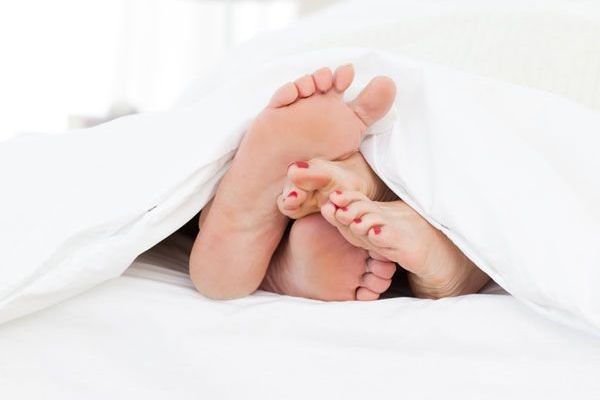Q:
My question regards ejaculation upon having an orgasm. I am a 46-year-old woman who in the last two years seems to expel a good amount of "fluid" when approaching and/or reaching orgasm. What is this fluid? It has no odor. Is it coming from my bladder? (I do have slight incontinence.) Is there anything that can be done to control it?
A:
Although most women might be surprised to hear it, women, like men, can ejaculate fluid during orgasm. This is thought to be related to an orgasm triggered by the Gräfenberg spot, or G spot, a very sensitive area on the front of the vaginal wall, about a third of the way up from the vaginal opening "on the way" to the cervix. One survey of 2,350 women found 40 percent reported having some ejaculation or fluid release during orgasm. Additionally, 82 percent of women who said they were aware of their G spot reported fluid release during orgasm.
This fluid likely comes from small glands located on either side of the vaginal opening called Skene's glands, which seem to act in women like the prostate in men (the prostate provides the fluid for the male ejaculate). In fact, some researchers have suggested that Skene's glands be renamed "the female prostate."
What I would say is that you shouldn't be concerned about the release of fluid during orgasm. You are perfectly normal! However, if you still have any concern that this may be urinary incontinence, I strongly recommend you see your health care professional. Women do not have to suffer with incontinence; special exercises, drugs, even surgery can help resolve this issue.
And finally, please try not to be embarrassed. Release of fluid is a natural part of the sexual response for many women. Talk to your partner about your concern and get his or her feedback. You may find your partner feels it provides an added excitement to your lovemaking.







